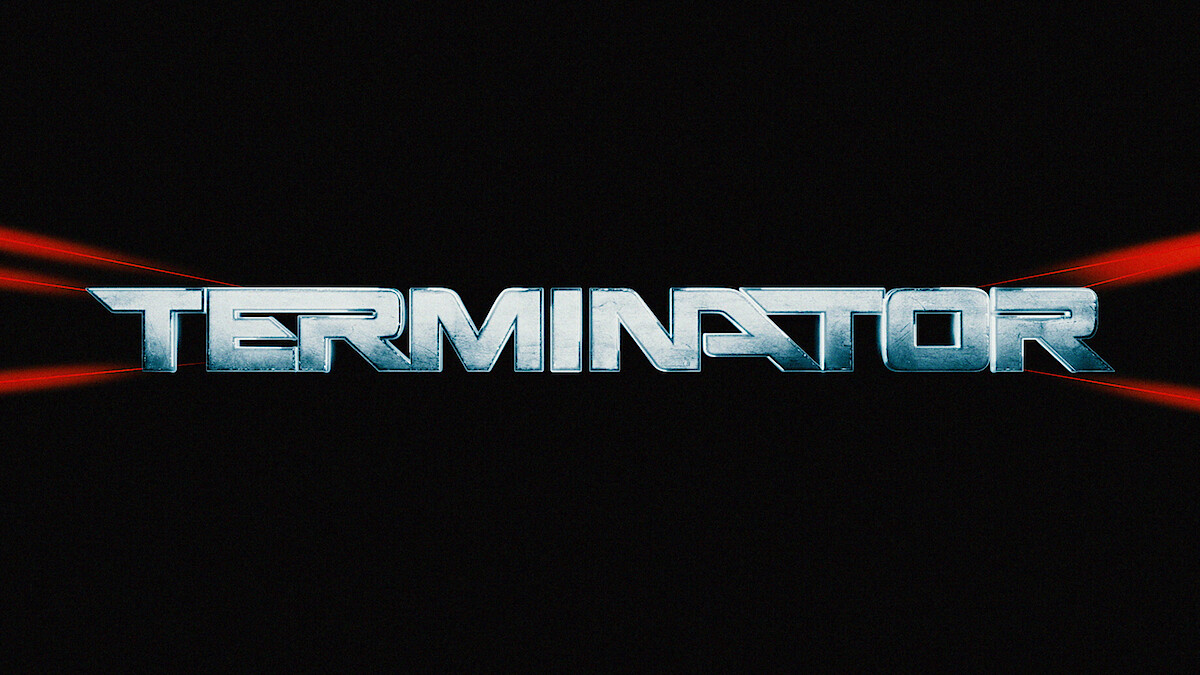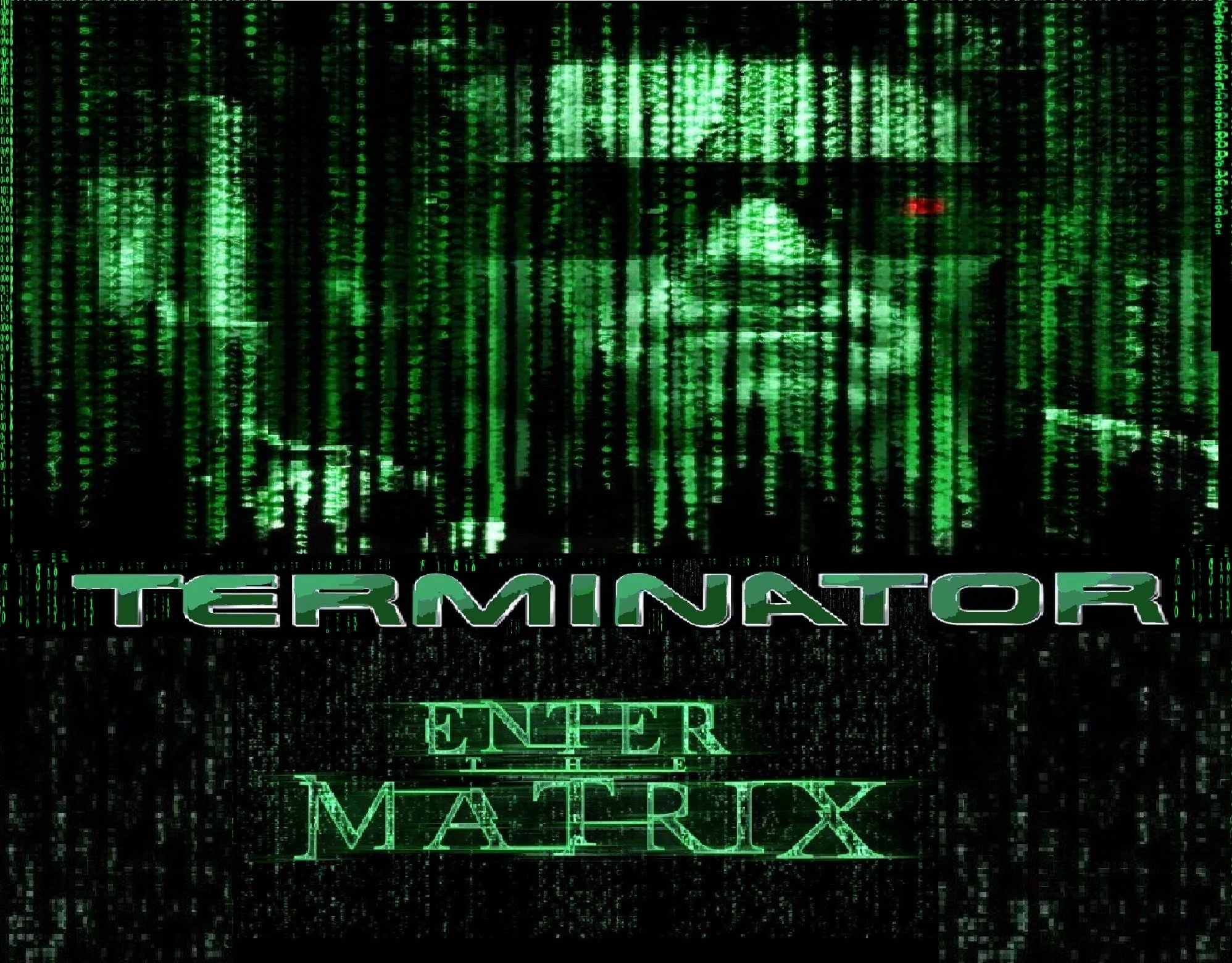Terminator and the Matrix have redefined the landscape of science fiction cinema, leaving an indelible mark on pop culture and cinematic history. Both franchises delve into themes of artificial intelligence, time travel, and the battle between man and machine, captivating audiences worldwide. Their impact extends far beyond entertainment, sparking conversations about the future of technology and humanity's relationship with it.
As two of the most iconic sci-fi series in film history, Terminator and The Matrix have garnered massive followings. The Terminator franchise, initiated in 1984 by James Cameron, introduced us to a dystopian future where machines rise against their human creators. Meanwhile, The Matrix, released in 1999 by the Wachowskis, presents a simulated reality controlled by sentient machines. Both series explore similar themes yet offer unique perspectives on the inevitable clash between humans and AI.
This article aims to provide an in-depth analysis of Terminator and The Matrix, comparing their storytelling techniques, thematic elements, and cultural significance. By examining the evolution of these franchises, we can better understand their enduring appeal and influence on modern science fiction.
Read also:Allegro Senior Living Elevating The Standard Of Senior Care
Table of Contents
- Introduction
- Terminator Franchise Overview
- The Matrix Franchise Overview
- Similarities Between Terminator and The Matrix
- Differences Between Terminator and The Matrix
- Cultural Impact and Legacy
- Artificial Intelligence as a Central Theme
- Philosophical and Ethical Implications
- Technological Influence on Cinema
- The Future of Sci-Fi Storytelling
Terminator Franchise Overview
The Terminator franchise, spearheaded by James Cameron's groundbreaking 1984 film, has become a cornerstone of science fiction cinema. Set in a post-apocalyptic world, the series revolves around a cyborg assassin sent back in time to terminate Sarah Connor, the mother of humanity's future savior. With its innovative special effects and gripping narrative, Terminator established itself as a trailblazer in the sci-fi genre.
Key Themes in Terminator
- Time travel and its consequences
- The rise of artificial intelligence
- Human resilience against machine domination
Over the years, the franchise has expanded through sequels, television series, and video games, maintaining its core themes while exploring new storylines. The sequels, such as Terminator 2: Judgment Day and Terminator: Dark Fate, have further enriched the narrative, introducing complex characters and moral dilemmas.
The Matrix Franchise Overview
Released in 1999, The Matrix, directed by the Wachowskis, revolutionized science fiction with its groundbreaking visual effects and philosophical depth. The film introduces audiences to a simulated reality where humans are unknowingly enslaved by machines. Neo, the protagonist, discovers his role as "The One," destined to free humanity from this digital prison.
Innovative Storytelling in The Matrix
- Bullet time effects
- Exploration of reality and illusion
- Integration of philosophical concepts
The Matrix trilogy, including The Matrix Reloaded and The Matrix Revolutions, delves deeper into the metaphysical questions posed in the first film. The recent addition, The Matrix Resurrections, revisits these themes while offering a fresh perspective on the franchise's legacy.
Similarities Between Terminator and The Matrix
Terminator and The Matrix share several thematic and narrative similarities, contributing to their shared success in the science fiction genre.
Common Themes
- Artificial intelligence and its potential threat to humanity
- Time travel and its implications on the future
- The struggle between human and machine
Both franchises explore the consequences of technological advancement, warning audiences about the dangers of unchecked AI development. Their narratives often focus on the moral and ethical dilemmas faced by characters caught in these conflicts.
Read also:Savannah Humane Society A Beacon Of Compassion For Animals
Differences Between Terminator and The Matrix
Despite their similarities, Terminator and The Matrix differ significantly in their storytelling approaches and thematic focus.
Distinct Narrative Styles
- Terminator emphasizes action-driven plots with a focus on survival
- The Matrix incorporates philosophical elements and metaphysical questions
- Terminator's setting is grounded in a dystopian future, while The Matrix explores a simulated reality
These differences highlight the unique perspectives each franchise brings to the sci-fi genre, catering to diverse audience preferences.
Cultural Impact and Legacy
The cultural impact of Terminator and The Matrix cannot be overstated. Both franchises have left lasting impressions on the science fiction genre, influencing countless films, television shows, and video games.
According to a study by the University of California, the themes explored in these films have sparked significant discussions about the future of AI and its implications for humanity. Their influence extends beyond entertainment, shaping public perception and discourse on technological advancements.
Artificial Intelligence as a Central Theme
Artificial intelligence serves as a central theme in both Terminator and The Matrix, reflecting societal concerns about the rise of intelligent machines.
AI in Terminator
Terminator portrays AI as an existential threat, with Skynet representing the pinnacle of machine intelligence gone awry. The franchise highlights the dangers of creating autonomous systems without proper safeguards, warning audiences about the potential consequences of unchecked technological progress.
AI in The Matrix
The Matrix presents a more nuanced view of AI, exploring the relationship between humans and machines in a simulated reality. The film raises questions about the nature of consciousness and the boundaries between human and machine intelligence.
Philosophical and Ethical Implications
Both franchises delve into profound philosophical and ethical questions, challenging audiences to reflect on the nature of reality and human identity.
Key Philosophical Concepts
- Reality vs. illusion
- Free will and determinism
- Human identity in a technological world
By addressing these complex issues, Terminator and The Matrix elevate science fiction beyond mere entertainment, encouraging audiences to engage in meaningful discussions about the future of humanity.
Technological Influence on Cinema
The technological innovations introduced by Terminator and The Matrix have transformed the film industry, setting new standards for visual effects and storytelling.
Breakthrough Technologies
- Terminator's use of practical effects and animatronics
- The Matrix's pioneering "bullet time" technique
- Advancements in CGI and digital effects
These innovations have inspired countless filmmakers, leading to the development of new technologies that continue to push the boundaries of cinematic storytelling.
The Future of Sci-Fi Storytelling
As technology continues to evolve, the future of science fiction storytelling promises to be even more exciting. Terminator and The Matrix have laid the groundwork for future explorations of AI, time travel, and the human condition.
According to industry experts, the integration of virtual reality and augmented reality in filmmaking will revolutionize the way stories are told, offering audiences immersive experiences that blur the lines between fiction and reality.
Conclusion
Terminator and The Matrix have left an indelible mark on the science fiction genre, captivating audiences with their innovative storytelling and thought-provoking themes. Through their exploration of artificial intelligence, time travel, and the human condition, these franchises have sparked meaningful discussions about the future of technology and its impact on society.
We invite you to join the conversation by leaving your thoughts in the comments section below. Share your favorite moments from these iconic films and explore other articles on our site to deepen your understanding of science fiction and its cultural significance.


